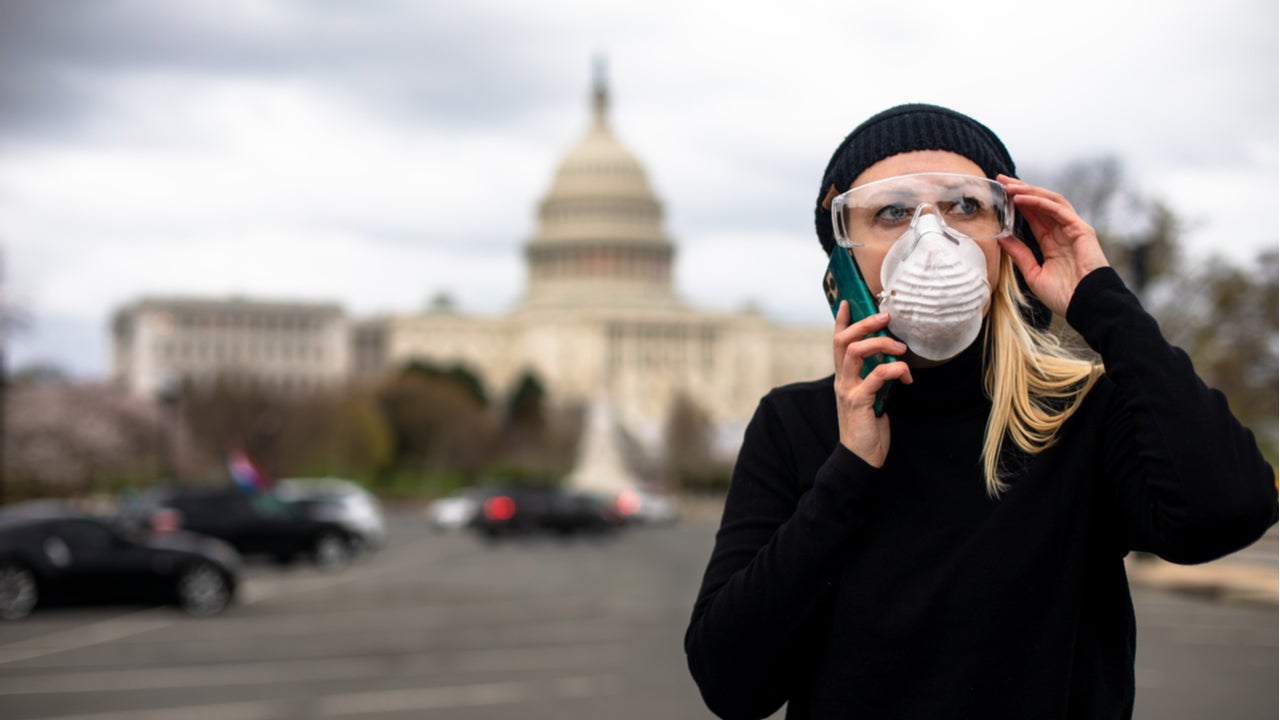US Treasury Secretary Janet Yellen believes that the pandemic has been calling the shots for the economy and for inflation.
Ludovic Subran
Ludovic Subran, chief economist at Allianz, Europe’s largest investor and insurer, and a member of the Council of Economic Advisors to the French Prime Minister, retweeted an article on US Treasury Secretary Janet Yellen stating that the inflation is likely to stay until Covid is under control. She emphasised that continued progress against the pandemic was the only way to bring down prices of goods.
The Biden administration is fighting to curb price rises that it believes can derail the country’s economic recovery from the pandemic. The US consumer price index indicated a 6.2% gain in October compared to the previous year, the fastest increase since 1990. Yellen further stated that US workers still fear contracting Covid at their workplaces, and outlined shifting demands from consumers related to lockdowns and new remote working trends.
Yellen expects the price spikes of goods to subside by the second half of 2022, if the pandemic is brought under control. Meanwhile, White house officials have been trying to ease supply-chain bottlenecks to reduce prices pressures. President Biden has also been discussing measures to reduce the spikes in prices of goods with top retailers such as Walmart and Target.
Yellen says inflation will stay high until Covid is under control https://t.co/ozEaSeDZMc
— Financial Times (@FT) November 14, 2021
 GlobalData Strategic Intelligence
GlobalData Strategic IntelligenceUS Tariffs are shifting - will you react or anticipate?
Don’t let policy changes catch you off guard. Stay proactive with real-time data and expert analysis.
By GlobalData
Fabio Ghironi
Fabio Ghironi, the Paul F. Glaser Endowed Professor in Economics at the University of Washington, and a research fellow in the International Macroeconomics and Finance Programme of CEPR, retweeted a New York Time article on a University of Michigan survey revealing that Americans have turned anxious about their financial outlook because of the Covid-induced inflation.
The survey found consumer sentiment to drop to its lowest levels in a decade in early November. It directly related to consumers’ views about the absence of effective policies to reduce the damage caused by the surging prices. US policymakers, on the other hand, have stressed that higher inflation is only transitory and a result of the uneven opening of the economy after the Covid lockdowns.
Despite investors also shrugging off threats from higher inflation, the Michigan survey is indicative of how consumers are feeling the pinch. Diane Swonk, chief economist at the accounting firm Grant Thornton in Chicago, stated that consumers are angry about the uptick in prices, and it is likely that it will get worse before it stabilises by the spring of 2022. However, US consumers continue to spend at robust levels during the holiday shopping season, despite the price spikes and increasing Delta variant cases in southern states.
Americans have turned decidedly gloomy about their financial outlook, and inflation is the main cause of the anxiety, according to a University of Michigan survey released Friday. https://t.co/Ws0QrotaaW
— NYT Business (@nytimesbusiness) November 13, 2021
Claudia Sahm
Claudia Sahm, economist and former director of macroeconomic policy at the Washington Center for Equitable Growth, and a section chief at the Board of Governors of the Federal Reserve System, retweeted an article shared by Scott Santens, founding member of the Economic Security Project, an advisor to the Universal Income Project, on views that the US inflation would reduce in 2021 based on the fading away of the pandemic.
On the contrary, Covid-19 cases have increased in the past few months due to a rise in Delta variant cases in the country, experts opine. Additionally, growing supply chain disruptions and labour shortages across industries are indicative of an insufficient health response.
Economists believe that the US economy could still need some trillions of dollars in additional stimulus to tackle the pandemic and the spikes in prices of goods, which has been rising at the fastest rate in three decades. The US administration maintains that higher inflation could persist until 2022, but stated that if inflation stayed elevated, the central bank would raise interest rates next year.
"The view that inflation would step back down this year was always based on the view that the pandemic would recede. Covid is still here, and… it surged due to the Delta variant. Global supply chains are a mess, largely due to an insufficient global health response." https://t.co/XTvS1AMp5W
— Scott Santens 🧢⬆️🏄♂️ (@scottsantens) November 14, 2021




